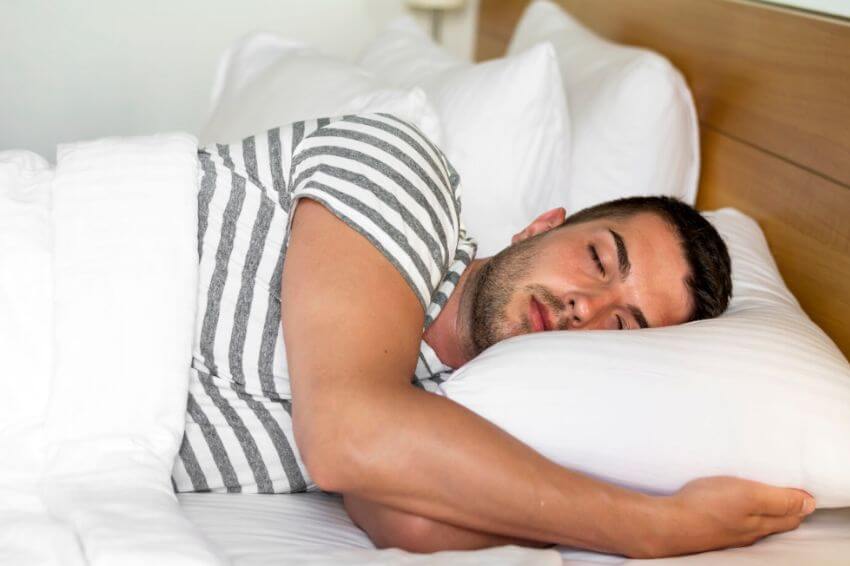



For optimal recovery after getting a FUE hair transplant, consider these essential tips for sleeping, ensuring a comfortable and effective healing process.
After getting San Jose hair restoration, some people experience only minor swelling. For others, the swelling may be much more noticeable. However, it usually will not last for more than a few days.
In most cases, swelling will start to subside after it hits a high point two or three days following the procedure.
To make the recovery process more successful and the swelling more manageable, here are a few tips to manage swelling from an expert FUE Doctor in San Jose.
Talk to your hair transplant surgeon to develop a specific approach that will work for you to manage swelling.
One common fear that people have after undergoing an FUE procedure is damaging the affected area during their sleep.
Despite the fact that hair surgeons generally agree that it is both rare and difficult for patients to experience this, you can never be too safe.
Here are the sleeping techniques that you can apply to feel comfortable after getting FUE.
After undergoing an FUE transplant procedure, your hair surgeon will most likely remove your bandages shortly after you get home during a follow-up procedure.
The main reason for this is to prevent any blockage of the lymphatic and scalp's venous drainage, which can lead to swelling.
If you wish to protect your transplanted hair while sleeping, the time recommended to remove the bandage should not be exceeded. There are also certain medications that your surgeon may provide to help you sleep better.
For instance, Vicodin may be prescribed since it is a strong medication with a sedative effect.
Sleeping as advised by your hair doctor is necessary to get the best results after your FUE hair transplant.
MHTA is a San Francisco Hair Transplant Clinic that will provide you with all the services and information about FUE Hair Transplants, Hair Replacements, and Male pattern Baldness and Thinning Hair.
By knowing what you're getting into and managing yourself post-procedure, you will adjust much easier.
To speak with a hair transplant specialist today, call one of our offices below or send us an email using our website's contact form. San Francisco Office PH: (415) 230-2367 or Los Gatos Office PH : (408) 356-8600